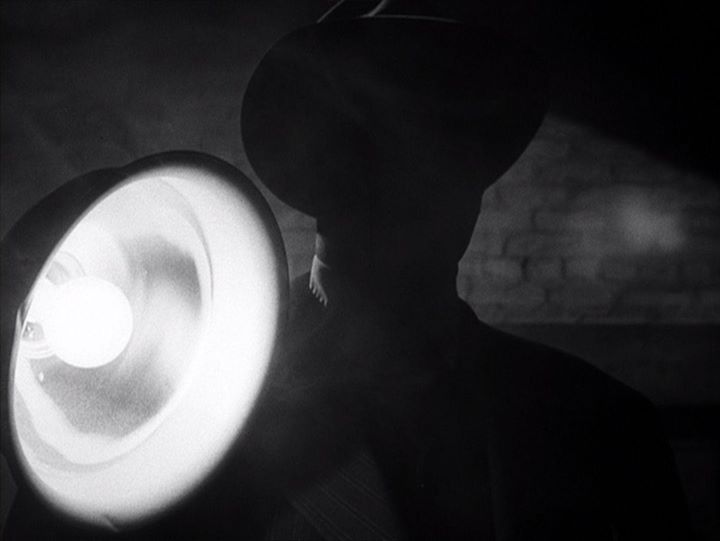Everyone lies, it’s a basic mechanism we use to get through life with some sense of decorum. Then there are those who are involved in deception with malicious intent or ill-gotten gains. The craftiest of these swindlers engage in deception by omission, then deny any wrongdoing because they didn’t actually engage in lying, they just failed to include some of the pertinent details.
It’s no accident that these details went undisclosed, it was meant to purposefully deceive you, and to prevent you from having access to the truth, then deny all responsibility of deceit by claiming that no deceit has taken place because no one lied. You just did not have all the information. No crime. No foul.
In terms of trust and betrayal, you cannot trust someone who engages in deception by omission. It is a cunning misdirection and intentional withholding is no accident.
Even with the best of intentions, we leave out certain details out of fear. The fear of being caught, punished, made to feel guilty, or because we let someone down and cause someone’s feelings to be hurt. Even so, if you’re leaving out details that would have otherwise been more honest, you are lying.
For those with malicious intent, they lie by omission to manipulate, defraud, do harm, protect themselves, avoid accountability, or to appeal to your more sensitive capabilities causing you to let down your guard. No matter what they call it, or how they try to justify it, they are being dishonest and lying to you by omission.
Practicing deception of any kind, either by outright lying or practicing deception by omission, actually does more harm to the deceiver than you might expect. If you are otherwise a good person attempting to live a good life, the act of deceiving others in any fashion will cost you in your overall health score.
Unless you are a psychopath or pathological liar, these little indiscretions cause stress in the body which builds in magnitude and severely compromises your immune system. It takes a great deal of energy to manage deception and lies. This is a waste of energy which would be better used to sustain life, not to cause its deterioration.
Lying also creates an underlying frequency of paranoia for those who are trying to cover their tracks, often wondering if their true colors will ever be been shown or will they one day be held responsible for their deception.
The act of deceiving others lowers your emotional frequency and keeps your mind in the lower vibrational environments which breed fewer positive thoughts and responses overall. This will tend to attract less positive life circumstances to appear more frequently in your life.
Deception by omission promotes a lack of trust in your inner circle. Even of those who aren’t actually a party to your deception by omission. They will always wonder when and if you might be practicing deception by omission on them, even if you never do.
Once a betrayal of trust has taken place, there is little that can be done to repair the damage, except to be totally honest and trustworthy for long enough a period of time that the offending party can start to trust you once again. The amount of time necessary to regain someone’s trust depends on the person who has been deceived.



